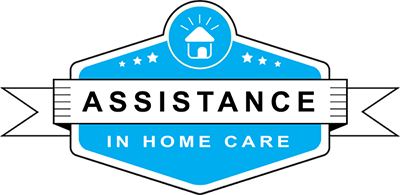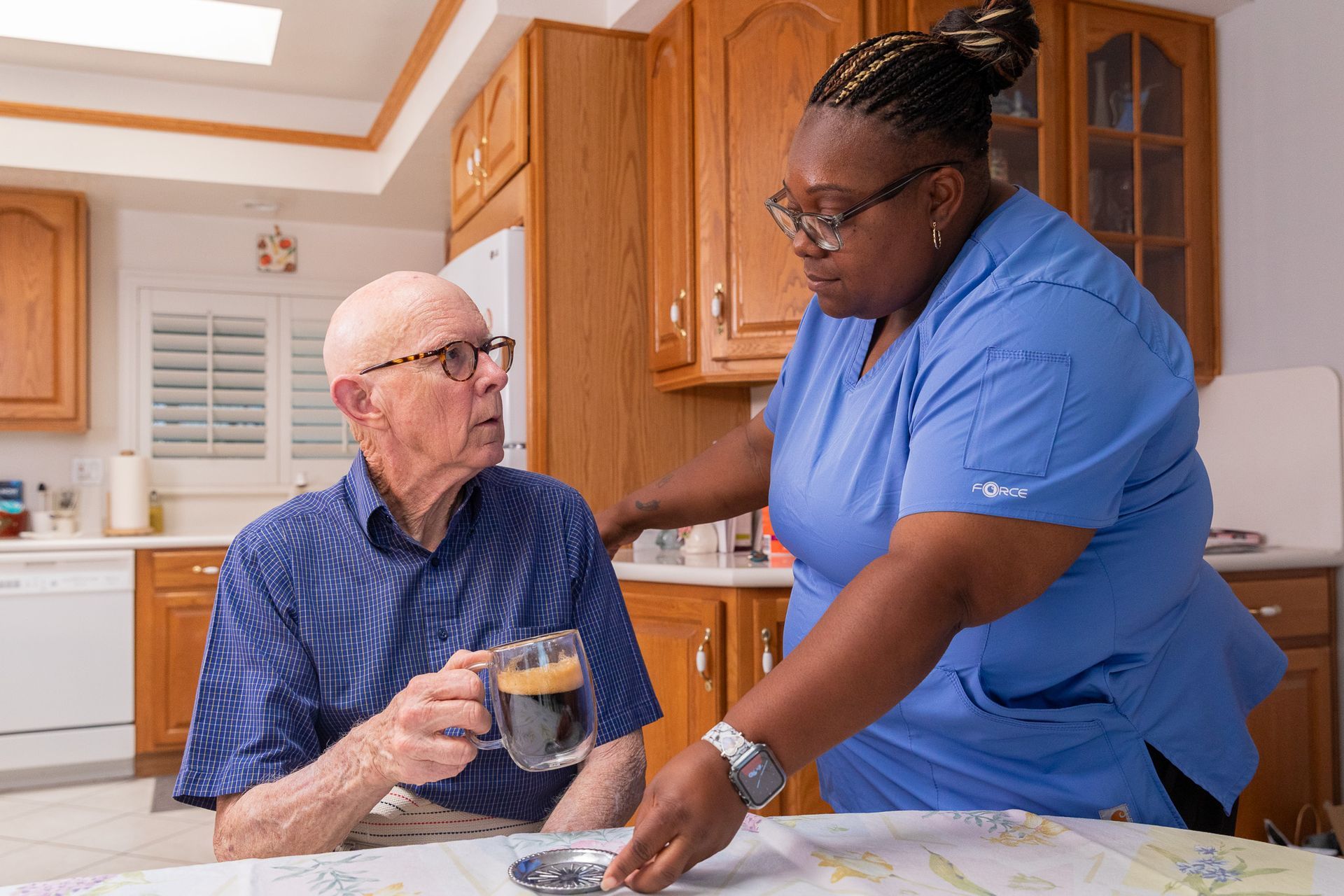Healthy Aging Month: Its Never Too Late

Healthy Aging Month allows us to use September as a time to observe and focus on the positive aspects of growing older. It is the perfect time to re-assess your mental, physical, and emotional well-being. In the words of Carolyn Worthington, editor-in-chief of Healthy Aging Magazine, “it’s never too late to find a new career, a new sport, passion or hobby.”1 Throughout this month, Assistance in Home Care encourages you to act how you feel- which is different than acting your age!
5 Tips to Make the Most Out of Healthy Aging Month
Taking charge of your well-being in the pursuit of a healthier body and mind can seem like a daunting task. Fortunately, Assistance in Home Care has a few ways to help get you started:
1. Take on a More Positive Perspective
Shifting your conversations and actions into a more positive light can have some surprising affects on your mental health! For example, instead of thinking “I have so much to do today…” think “I’m going to accomplish a lot today!” When you catch yourself saying or thinking something negative, take a moment to see how you can shift it into something more positive.
2. Get Social
This doesn’t mean be on social media more often, rather take more opportunities to interact with others. Going for a neighborhood walk, volunteering in your community, or playing games with your caregiver, are all great ways to avoid a sedentary lifestyle devoid of interaction from friends or family. Research indicates that maintaining social connections and surrounding yourself with those who make you smile can improve your mental health and make healthy aging easier. 2
3. Start a Healthy Diet
As our bodies age, our metabolism begins to slow down. Adjusting eating habits can play a major part in maintaining a healthy lifestyle. Fruits and vegetables are a great way to feel full without the excessive calories of processed foods. Being more aware of the nutrients you are eating and avoiding empty calories is a great first step to healthier eating.
4. Keeping the Mind Active
Reading the newspaper, starting a new book, and finishing those word puzzles are easy ways to exercise your mind. If you aren’t an avid reader, a new hobby like cooking or knitting are also great ways to stimulate the mind!3
5. Stay Updated on Your Regular Check-Ups and Physicals
Making your mental health a priority is an important step to healthier aging, but don’t forget about your physical health! You know your body well enough to know if there is something that is out of the ordinary. Do not neglect your regular medical check-ups and physical examinations. If transportation is an issue, Assistance in Home Care provides Transportation Assistance to help you or a loved one with picking up medications or driving to doctor appointments.
A Healthier You
Healthy Aging Month is the time to dispel the myths about aging and embrace the idea that it’s never too late to make simple changes on the path to a healthier you! Instead of focusing on stereotypes and the negative aspects of aging, why not change the conversation and try something new? What changes can be made in your daily routine that lead to a healthier lifestyle? As you begin to set new goals and aspirations for yourselves, know that Assistance in Home Care is here to help you achieve them! Whether it’s assistance in meal planning and preparation for a healthier diet, or driving you to your next check-up, our services are available to bridge the gap between you and a healthier, more comfortable lifestyle.
Resources
- Healthy Aging: https://healthyaging.net/healthy-aging-month/september-is-healthy-ag-ing-month/
- Unicity Healthcare: https://www.unicityhealthcare.com/celebrating-healthy-aging-month-during-september/
- MedlinePlus: https://medlineplus.gov/healthyaging.html


